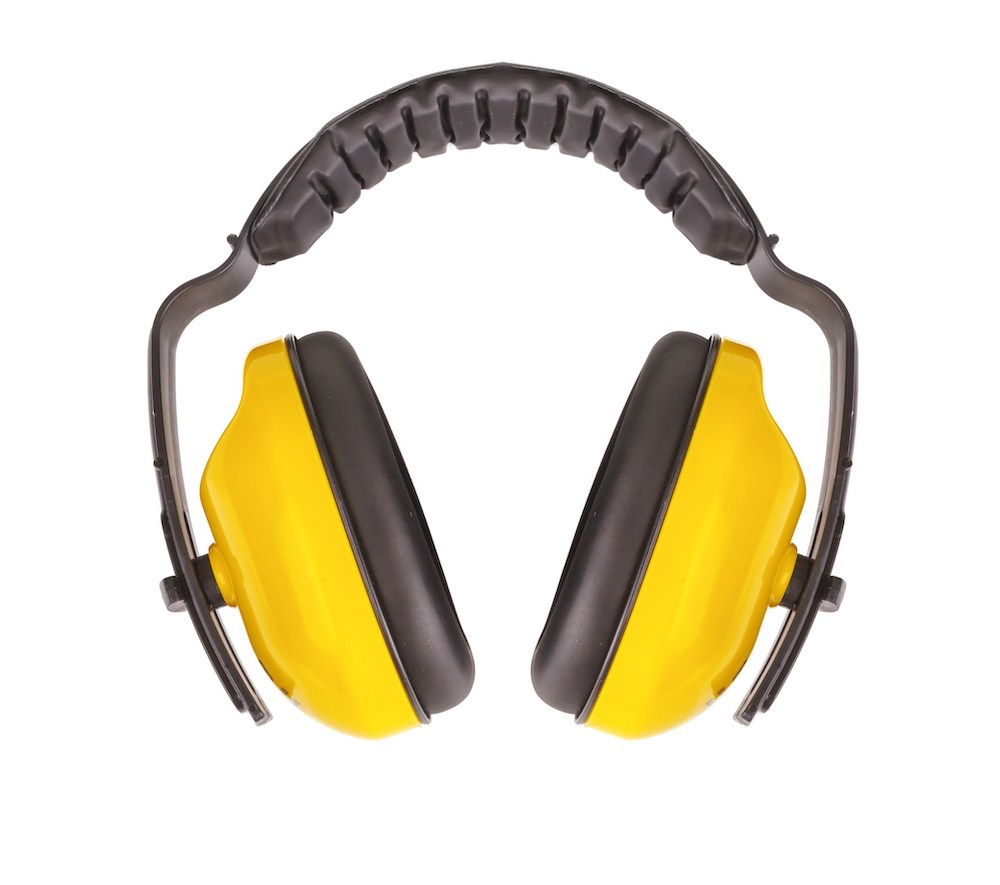The Impact of 5G on Hearing Aid Technology
As 5G networks continue to roll out across the country, you’ve


As 5G networks continue to roll out across the country, you’ve

Whether you’re mowing the lawn, attending a concert or working in a

Hearing aids have evolved from basic amplification devices to